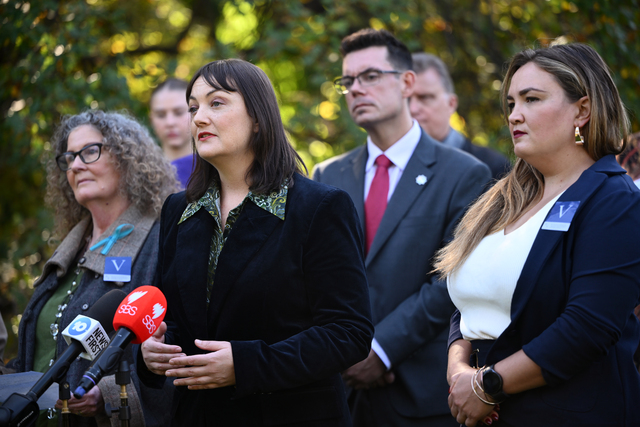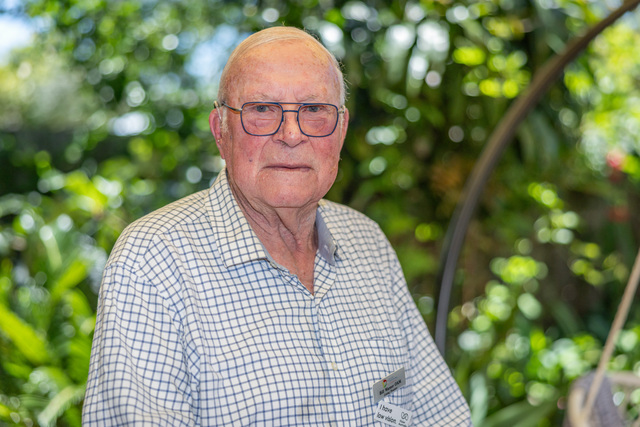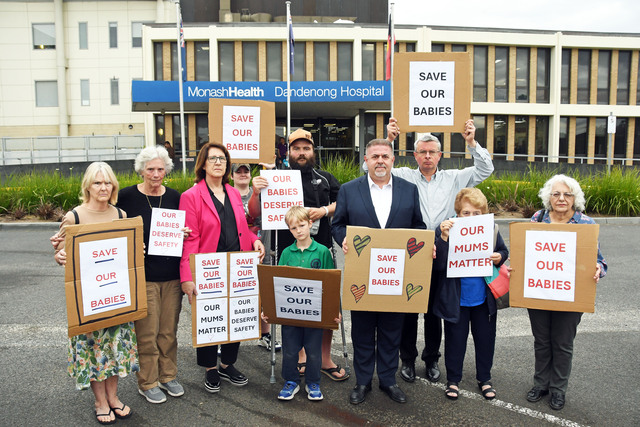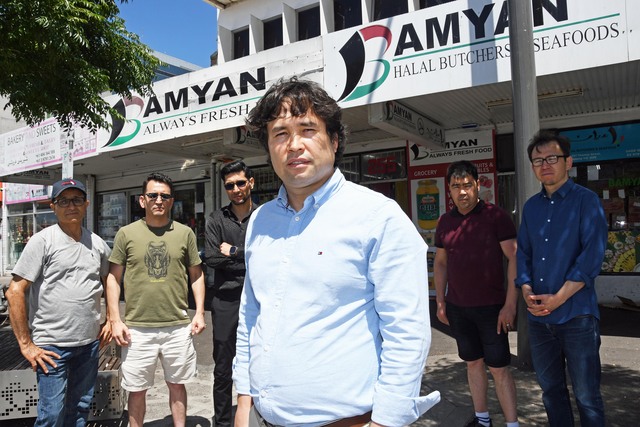A ground-breaking retrospective bill to improve access to compensation in cases of institutional sexual abuse has been introduced by the Victorian Government.
It garnered the support of South Eastern Metro MP, Rachel Payne, who had introduced a similar bill that was voted down by the Government.
The new bill would reform vicarious liability laws and remove legal loopholes that inhibit reparations for victim-survivors.
Attorney General, Sonya Kilkenny introduced the bill in the Lower house on 18 November.
The reforms have been long discussed over the past year, after a controversial High Court ruling in the Bird v DP case.
In this matter, the High Court overturned the ruling of the Victorian Supreme court and found the Roman Catholic Diocese of Ballarat was not vicariously liable for the alleged abuse of a plaintiff, DP (pseudonym).
“Our message to survivors of child abuse has always been clear; we stand with you in your fight for justice – and we always will,” Kilkenny told Star News.
“We acknowledge the impact that the High Court’s decision in Bird v DP has had on many victim-survivors.
“That’s why we have introduced landmark legislation into Parliament this year to address the implications of this decision – because it is the right thing to do.”
In Bird v DP, the High Court unanimously ruled that vicarious liability cannot be imposed without a genuine employer and employee relationship.
As a result, churches cannot be held vicariously liable for abuse committed by priests – who are not considered employees but office holders or ministers of religion.
The new bill would change this by including individuals ‘akin to an employee’ if their work is central to the institution’s activities.
In May, Legalise Cannabis MP Rachel Payne introduced a similar bill.
While it was debated then, it ultimately was not put to the vote due to the lack of support, including from the State Government.
Payne says that she is pleased to see that the legislation put forward by the government is similar to what she put forward, specifically retrospective aspects as well as the inconsistencies of what it means to be ‘akin to employment’.
“That is, it won’t exclude volunteers or certain types of organisations like sporting clubs or the scouts for example,” explained the MP.
“There was concern initially that the government may limit vicarious liability to churches or religious institutions, but that did not eventuate thankfully.
“The government’s Bill includes the ability to set aside judgements or settlements impacted by Bird v DP that occurred between the High Court case and the Bill’s passage, which provides a huge relief to survivors that were forced to settle in the interim.”
Karen Walker, a stern advocate for survivors and victims of abuse and who worked with Payne back in May, says that the retrospective aspect of the government’s bill will allow victims and survivors to “regroup with legal teams”.
“To take the time needed to work towards obtaining a just outcome for being a victim of one of the most serious crimes,” she said.
“That will not only enable them to move forward with their lives but contribute to healing and improved quality of life.
“For them, and their families.”
For Walker, this bill is personal.
Walker’s brother, Ian, was a victim of institutional abuse by a volunteer coach at St Kilda Little League and says that often, child sex offenders “seek out employment that creates access to children”.
The debate on the bill is expected to take place in the following few weeks in the Upper House.







